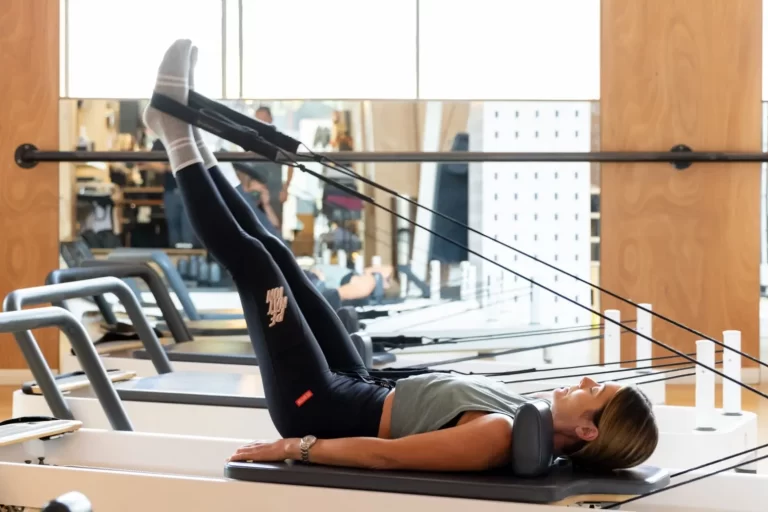Golf is a popular sport that requires skill, precision and the right equipment. If you are a beginner looking to get into golf, understanding the different types of golf clubs and their purposes is essential. In this beginner’s guide to golf clubs, we will cover the basics to help you make informed decisions when it comes to selecting the right clubs for your game.
- Driver: The driver, also known as the 1-wood, is designed for distance off the tee. It has the longest shaft and the largest club head. Beginners often struggle with the driver due to its low loft and length, so it is important to practice proper technique and consider getting lessons to improve your swing.
- Fairway Woods: Fairway woods are designed for shots from the fairway or rough when you need distance and accuracy. They have a shorter shaft and a slightly higher loft than the driver, making them easier to control. Beginners typically use fairway woods for long shots when the driver feels too challenging.
- Irons: Irons are the most versatile clubs in a golfer’s bag. They are numbered from 3 to 9 (higher numbers indicate more loft). The lower-numbered irons are used for longer shots, while the higher-numbered irons are used for shorter shots and approaches to the green and pop over to these guys hetnieuwegolfen.nl. Beginners usually start with a set of irons (5-9) to cover a range of distances.
- Wedges: Wedges have a higher loft than irons and are used for shots around the green and from bunkers. The most common wedges are the pitching wedge (PW), gap wedge (GW), sand wedge (SW) and lob wedge (LW). They provide better control and help you get the ball in the air quickly.
- Putter: The putter is used on the green to roll the ball into the hole. It has the shortest shaft and is designed for accuracy. Putters come in various shapes and sizes, so it is essential to find one that feels comfortable and suits your putting style.
When selecting golf clubs as a beginner, consider the following factors:
- Club head size: Larger club heads provide more forgiveness and are recommended for beginners.
- Shaft flexibility: Beginners generally benefit from more flexible shafts, as they can generate more distance and control with a slower swing speed.
- Grip size: Grips come in different sizes and choosing the right grip size can help improve your control and prevent slicing or hooking.
It is also important to note that as a beginner, you do not need a full set of clubs right away. Start with a basic set that includes a driver, fairway wood, a few irons (5-9), a wedge and a putter. As you progress and improve your skills, you can add more clubs to your collection. Lastly, practice and patience are key to mastering golf. Take the time to understand each club’s purpose, practice your swing and gradually build your skills. Consider taking lessons from golf professional to learn proper techniques and strategies.


